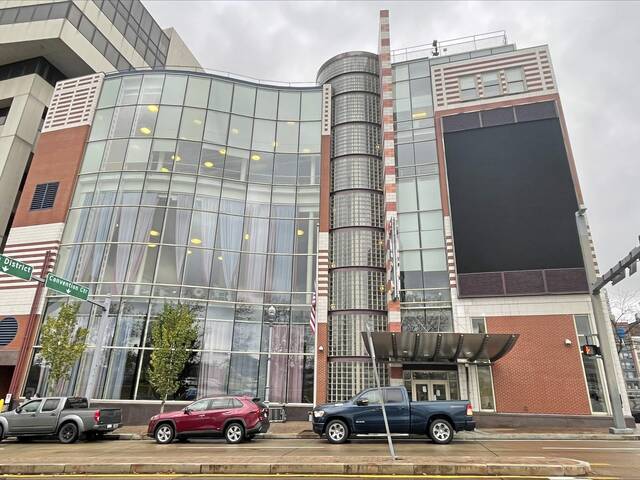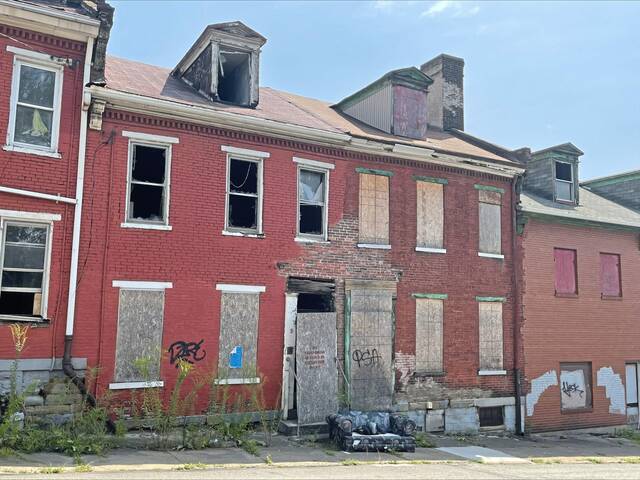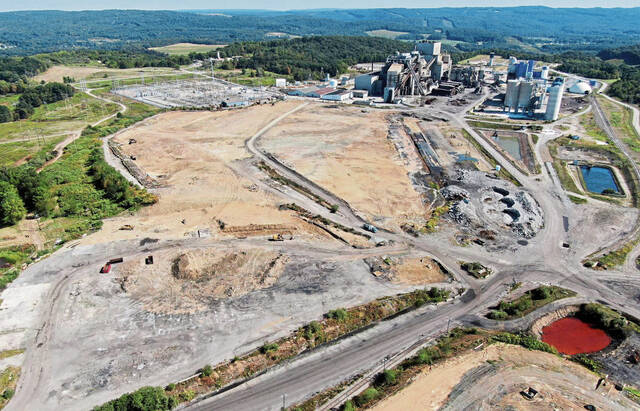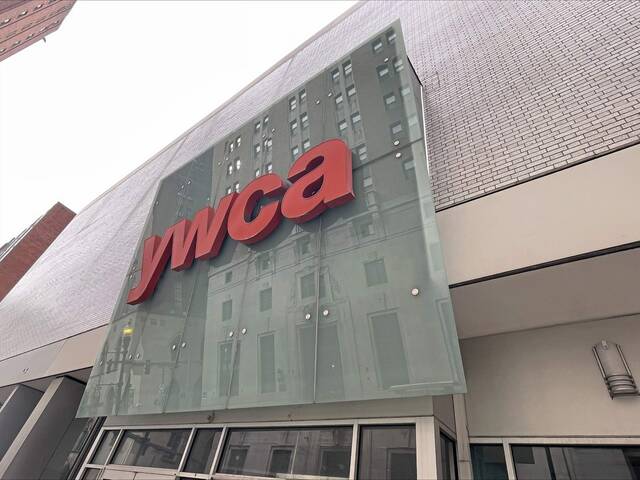Much has been made of the City of Pittsburgh’s efforts to discern if certain properties owned by institutions of purely public charity deserve their tax-exempt status. After a review by the city’s departments of Finance and Law, the Allegheny County Office of Property Assessments ordered some of them back on the tax rolls.
But that said, the legal costs of making those determinations — presumably, a one-time outlay — exceeded the annual value of the recouped tax receipts. And scholars at the Allegheny Institute for Public Policy say there’s a better way to return properties that have not been, but should be, paying taxes to tax-paying status.
Alex Sodini, a research associate at the Pittsburgh think tank, and Eric Montarti, the research director there, say that when combined with the results of the first round of charitable challenges from 2023, the city’s tax haul from successful cases total $176,337 annually.
“Perhaps the city felt it would win more of its challenges — with 32 out of 131, that is a 24% success rate — but after two years it is reasonable to measure the time and expense for the city against what it will net in property taxes (according to one news account, the legal fees so far total at least $247,000),” they note.
And while there is merit in making sure that properties that are deemed tax-exempt but aren’t will be shifted to paying taxes, Sodini and Montarti further remind that this effort has been tailored to purely public charities only, “which leaves out plenty of tax-exempt property from the level of scrutiny the city has undertaken.”
“As an alternative, the city should be doing all it can to return property it owns to the tax rolls,” they stress, citing its extensive backlog of abandoned, vacant and blighted properties.
But while published reports detail how the Pittsburgh Land Bank has made positive strides after nearly a decade of inaction, reinvigorating unproductive property remains an arduous process.
Pittsburgh must also take a serious look at the incentives and abatements it offers for economic development projects, the researchers say.
“Rather than relying on targeted subsidies or tax diversions, the city should embrace a more holistic approach to lower the costs and bureaucracy associated with purchasing and developing unproductive property.”
Additionally, they say it should urge Pittsburgh Public Schools to move aggressively on its school realignment plan, closing underused buildings and selling them to owners that will be subject to property taxes.
“The superintendent and other school officials recently presented a feasibility report to the school board, signaling intent to move forward with the closures. The district still holds four previously closed buildings,” they say.
Last but not least remains the critical need for the city to “push for a reassessment in Allegheny County, which may have served the purpose of cleaning up some of the parcels that were moved from exempt to taxable the way the county may have envisioned when it began its own evaluation of purely public charitable property,” Sodini and Montarti say.
County Council is currently considering an ordinance that would create a public database to show the specifics of its charitable property review, which has been in place since 2007, they remind.
“Above all, the city must adopt a limited-government approach which prioritizes expediting unproductive property back on the tax rolls,” they say.
“In doing so, the city would alleviate some maintenance and legacy costs while also helping grow the property tax base in the city so there is sufficient revenue to carry out necessary core public services,” Sodini and Montarti conclude.








